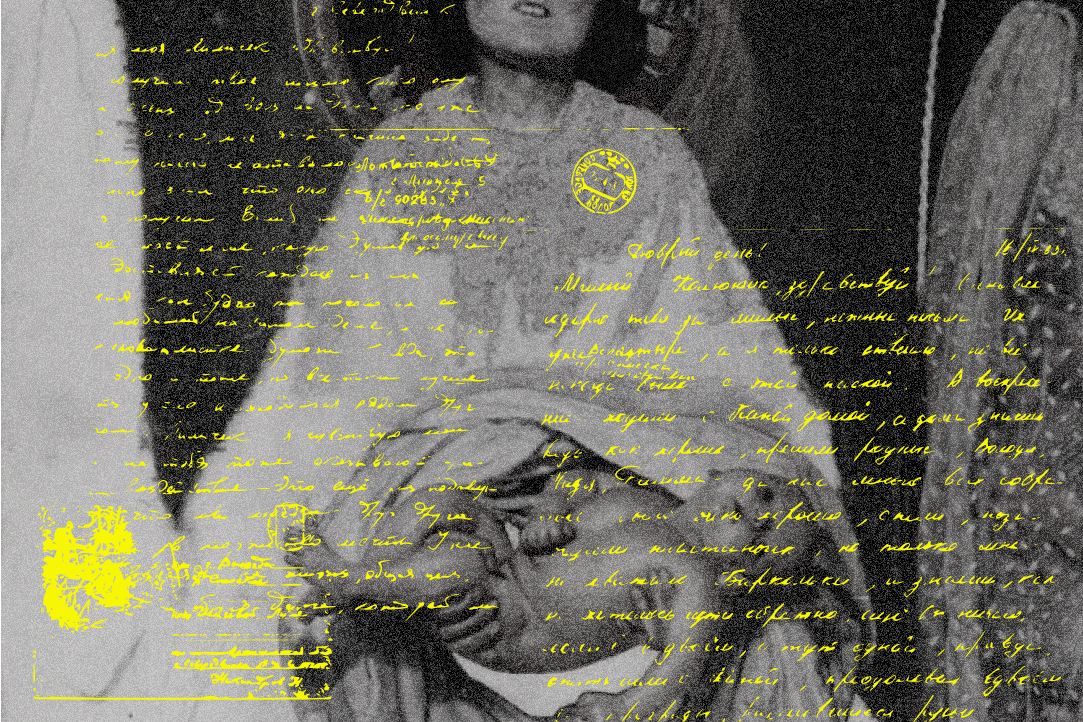The fifth issue of “In Your Own Words”, about memory and ego-documents, is out
Along with ten articles, two translations, four reviews and one interview, the issue also contains a number of sources: the Zinaida Antonenko’s diary, correspondence of Soviet young people and transcripts of conversations with the first Soviet translators of Tolkien’s novels.

The first block of texts is devoted to ego-documents, and opens not with an article, but with a speech in which Robert Danton, professor emeritus and librarian at Harvard University, warns of the dangers awaiting those intrepid researchers who choose to consult manuscript sources. Having read Darnton's instructions, we invite you to put them into practice and become acquainted with Zinaida Antonenko's diary, a source from the Civil War period, which we have specially transcribed and prepared for publication. Next to it there is a review of the publication of other diaries, loaded with the status of historical evidence—the siege diaries. The next three texts are devoted to the study of letters: the authors of the studies analyse the personal correspondence not only of the nineteenth-century famous writers, but also of individuals, Nikolai and Liliya, two Soviet young people in love with each other.
The second block brings together studies that deal with memory in literature in a wide variety of methodological frameworks: from media theory, which focuses on the specificity of the text as such, to the sociology of literature, which inserts works into a broader sociocultural context. The block opens with a translation of a chapter from the monograph of the German researcher Astrid Erll, which proposes a methodology for studying literature as a medium of memory. The translation is complemented by an article dealing with philosophical aspects of the relationship between memory, narrative, and identity. This is followed by articles analysing the corporeality of memory and nostalgia on the basis of specific texts: Ekaterina Bakunina's novel The Body and Truman Capote's short stories. Finally, the block closes with two cases at the interface of sociology and literature in which the authors investigate how a writer's reputation is established: in the case of Thaddeus Bulgarin, his entire legacy is reduced to a single myth decades after his death; in the case of John Tolkien, his legacy is reduced to a single myth, so that at the same time several unrelated Soviet translators start translating his texts into Russian without any external reason.
The third block reflects on the memory of Russia's difficult past, from the under-represented collective memory of the First World War to the dashing nineties and the satiated noughties. The block opens with an interview with Pavel Kotlyar, historian and museum scholar, discussing the possibilities of the museum medium of memory. This is followed by three studies of memory of historical events and periods, the authors of which address a variety of methodological frameworks: "places of memory", the anthropology of funerary ritual, and the concept of reflexive nostalgia. The block is rounded off by two reviews on books that have recently been published on the study of the difficult past: theoretical aspects of the problem as well as an analysis of foreign and Russian experience of transitional justice.
The fifth issue turned out to be voluminous largely due to the publication of sources: not only the diary of Zinaida Antonenko, but also letters by Nikolai Nikandrov and Lilia Shicheva and full transcripts of interviews with translators of Tolkien and their relatives: Alexander Gruzberg, Natalia Rakhmanova, Maria Chepaityte, Alexei Muravyev. We hope that these materials will be of interest to our readers and useful to other researchers.
In the meantime the editorial team continues its work: number 6 (sound) is already at the start of its formatting, numbers 7 (gender) and 8 (emotions) are under active editing, numbers 9 (mass culture) and 10 (space) are nearly finished with a double-blind peer-review process.
Follow us on VKontakte and Telegram to make sure you don't miss any news.
